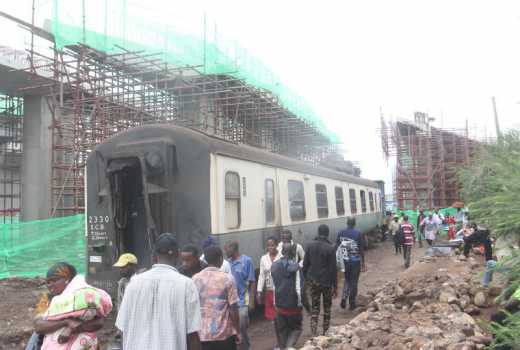×
The Standard e-Paper
Home To Bold Columnists

Judith Nekesa rested her elbows on a concrete pillar and propped her chin on her hands as she watched the entrance of the Nairobi Railway Station, where dozens of train attendants beckoned passengers for tickets.
But for the 28-year-old supermarket attendant in the city, it was another sad day when she would have to walk to the central business district to catch a matatu to her rented house in Pipeline, Embakasi.